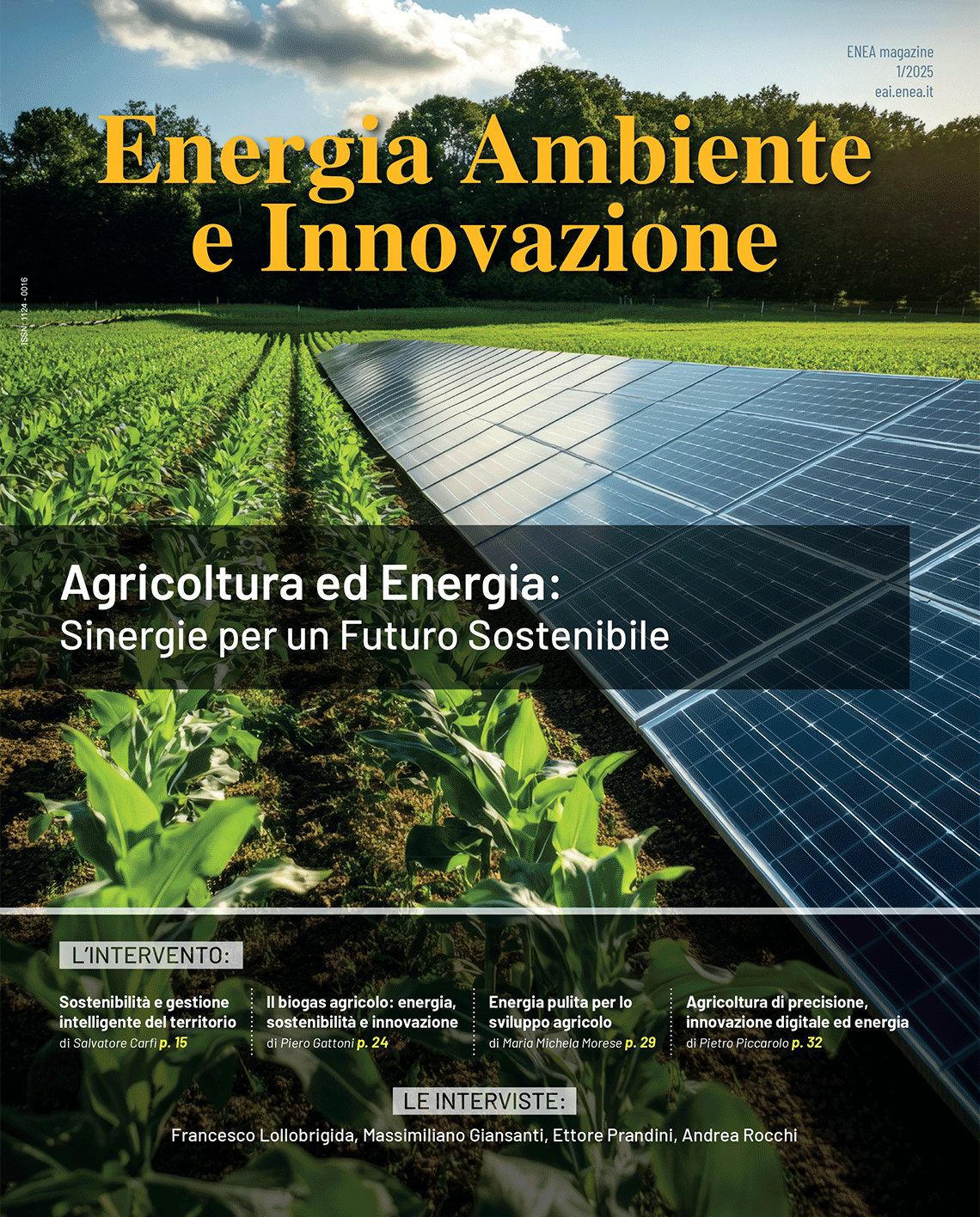
L'Editoriale: ECRA and the European Research Outlook
di Robert-Jan Smits, direttore della Direzione Generale Ricerca della Commissione Europea
Last October 2011 the European Climate Research Alliance was launched. Established by the most excellent European research institutions, this partnership will allow for the creation of synergies by exploiting the strengths of each of its members, and creating a critical mass of competences and expertise. As such, the Alliance contributes significantly to the European Commission’s objective of establishing a truly European Research Area as a framework for improving the European research efficiency and impact, and for boosting communication.
As we all know, one of the many challenges of the 21st century is climate change. As a matter of fact, the EU is a world leader on legislation, policies and actions associated to this challenge. The EU Climate and Energy Package, the recent communication establishing 'A roadmap for moving to a low carbon economy in 2050' and the 'White Paper on Climate Change Adaptation' provide important pillars for carrying out mitigation and adaptation efforts.
At the international level, the EU is a catalyst in the post-2012 negotiations and decisions on climate change, especially under the United Nations Framework Convention on Climate Change.
It is therefore fully understandable that the Europe 2020 Strategy recognizes the importance of climate change challenges and spells out that we need to build a sustainable, smart and inclusive Europe for our citizens.
However, to achieve the goals in the field of climate change and energy, it is necessary to invest in research & innovation.
The reason for this is that research and innovation will allow us to:
• improve the understanding of climate change and the provision of reliable climate projections
• assess the impacts of climate change on society, economy and ecosystems
• support the development and assessment of effective adaptation and mitigation policies.
It is therefore no surprise that, under Framework Programme 7 – the multi-annual research programme of the EU – top priority is given to climate research through the EU research projects. Thanks to these projects the scattered research efforts in Europe's Member States can be pulled together and, as such, fragmentation can be reduced and structured cooperation developed between Europe's best scientists and research organizations. Needless to say that once Europe gets organized, it will be a much more interesting partner for cooperation at the global level.
Thanks to the efforts of the EU, we have seen, amongst other things, the emergence of impressive research infrastructures for climate research. As an example, it is worth mentioning SIOS, the Svalbard Integrated Arctic Earth Observing System, coordinated by Norway and in which 14 Member States of the European Union and beyond participate.
The goal of SIOS is to establish an observational Research Infrastructure for the Arctic Earth System.
Besides this, there are many other activities which the E.U. is undertaking in the fields of climate and climate change. One could think, for instance, of the Climate KIC which was created by the European Institute of Innovation and Technology quite recently.
Hence, as an obvious result, when President Barroso presented his plans for the MFF (i.e., the budget of the EU for the next seven years) last summer, special attention was paid to Research and Innovation.
As a matter of fact, albeit relatively modest a budget in its global term, inside the budget you see important changes:
Research and Innovation will get a 46% increase which brings to a total budget of 80 billion Euro. This is not quite the amount requested by the European Parliament (i.e., a doubling in future fund for Research and Innovation up to 100 billion Euro) but is still a very impressive amount of money.
That shows that the European Commission is serious when talking about Research and Innovation, and about building of knowledge economy.
Climate change research will obtain a central place in Horizon 2020, as the new EU Research and Innovation programme will be called, and certainly, the European Climate Research Alliance will become a key-player in R&I programmes in the future.
However, it’s going to be important for the Alliance that it will be opening up also to allow new partners to come in. Besides the group of excellent research centers currently belonging to the Alliance, there are so many other research centers from the new Member States which certainly would also like to be part of this new endeavor and seek cooperation with ECRA. Once knowing the organizations involved in the Alliance, their quality and their open attitudes, this will surely become a reality with a view to joining efforts and work together in the very near future either under the FP7 or the Horizon 2020 research programme.
It must never be forgotten that diversity is one of Europe’s biggest assets.

